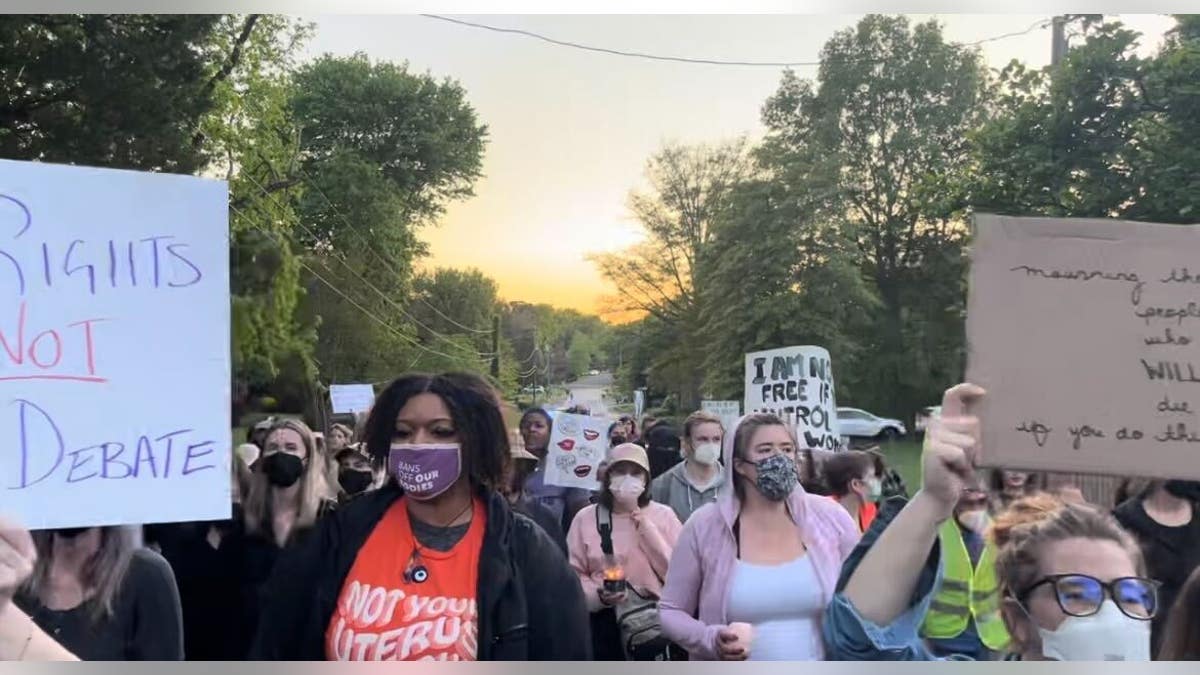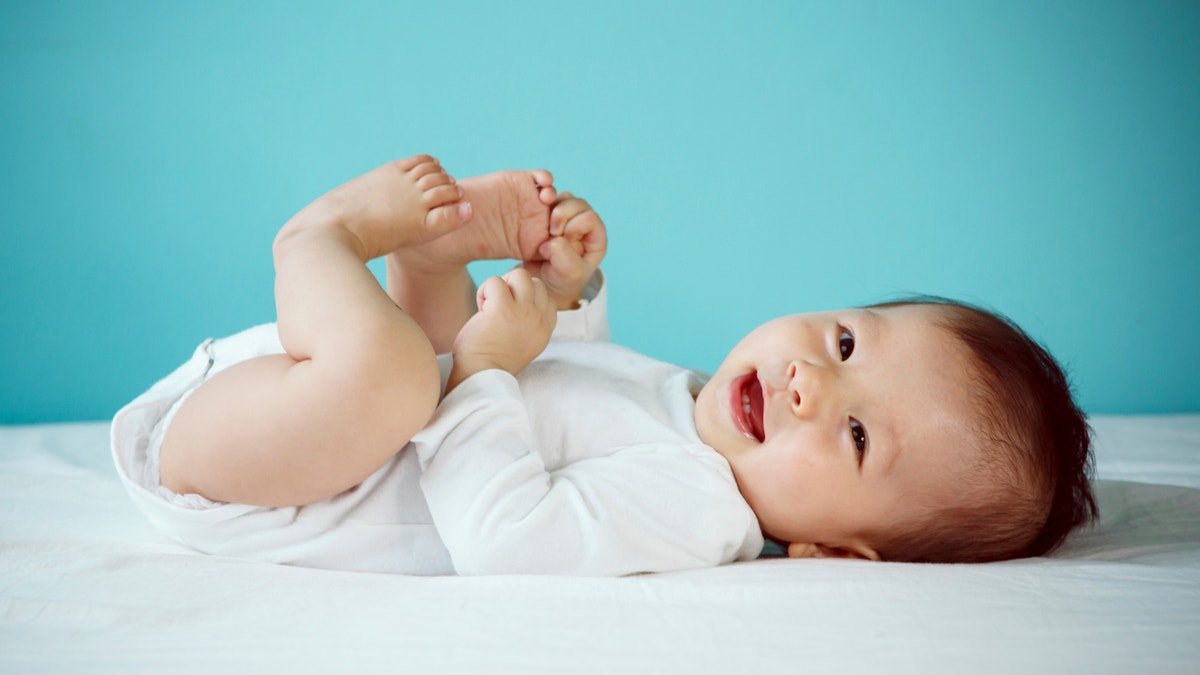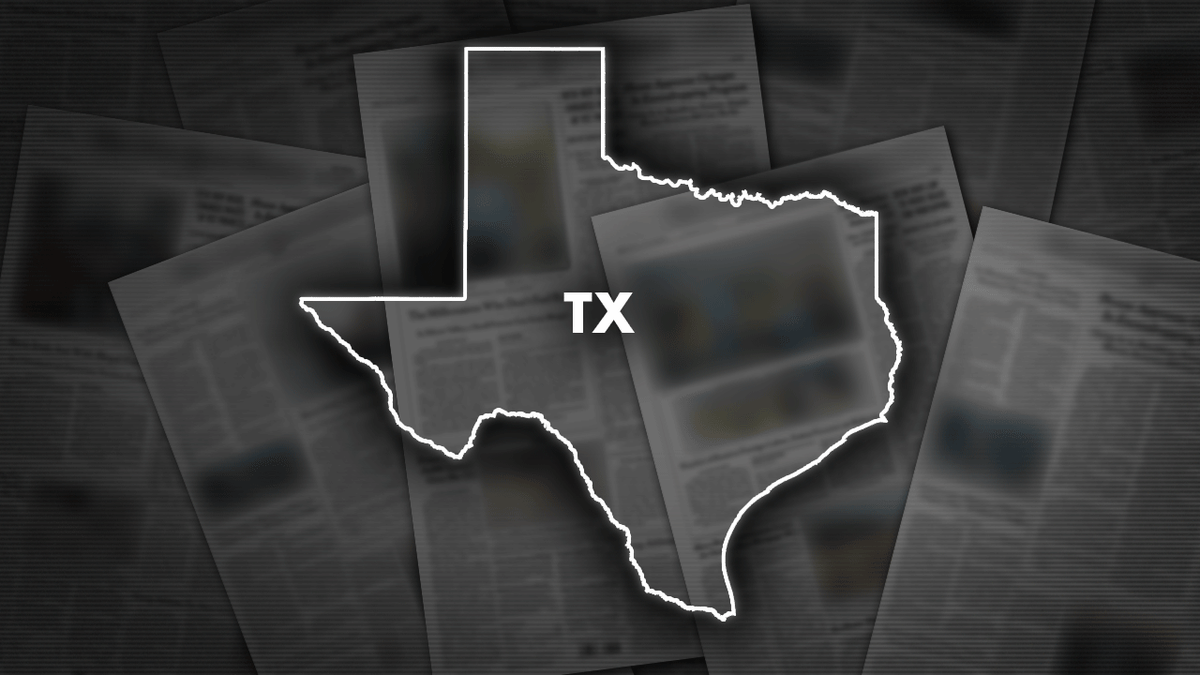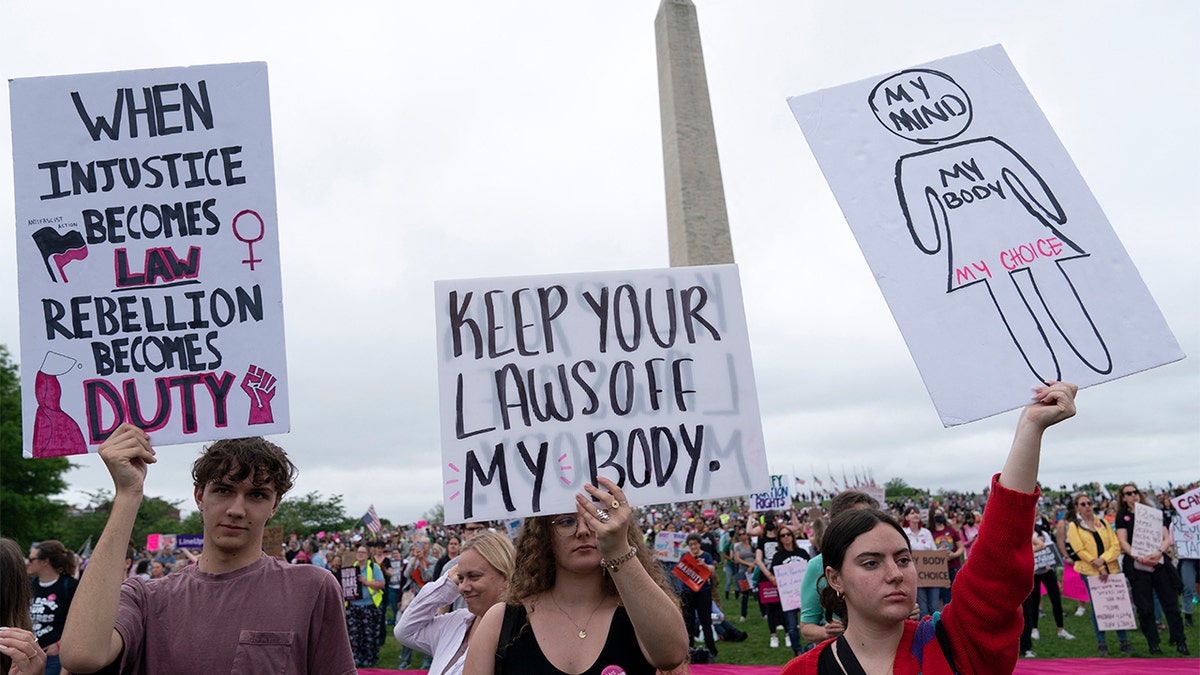
Pro-abortion protesters at the home of Supreme Court Justice Samuel Alito. (Fox News Digital)
In the aftermath of the Supreme Court reversal of Roe v. Wade, Washington Post columnist Karen Attiah argued that without access to abortion, black and other minority women will physically suffer and die.
Attiah began her Friday opinion column by attacking the pro-life movement she once supported. "It was 2010, I was 22 and this was evening ladies’ Bible study at the evangelical church I attended in a Dallas suburb. The women were planning a pilgrimage to an antiabortion march," she wrote.
"Still, I felt uncomfortable protesting abortion clinics," Attiah wrote, adding, "Eventually, I left the church."
Since the Supreme Court’s reversal of Roe v. Wade, Attiah has been thinking about how wrong the Christian, pro-life stance that she once grew up around is wrong, especially the claim that she’d get from her colleagues that "Legalized abortion holds down the population of Black people in America."

Washington Post columnist Karen Attiah slammed the pro-life movement for prioritizing foster care systems over better healthcare. (DONOT6)
She claimed in her column that the opposite is true. "A post-Roe world will put Texas’s Black women under ungodly risk, both physically and legally."
"The triumph of the more than 40-year evangelical crusade against abortion will mean that women will suffer, and Black women disproportionally," Attiah declared. She cited CDC statistics to bolster her claim. According to one, "Black women are more than four times as likely to have had abortions as White women."
The author cited another which showed the maternal mortality rate in Texas. "Black women died at a rate of 37.1 per 100,000 births. The comparable number for White women is 14.7."
Attiah added, "Now, many Black women facing high-risk pregnancies — and who don’t have the resources to easily travel out of state — will have no choice but to carry them out. All of this will lead to physical and economic hardships that will keep many Black women and their families in the social underclass."

Washington Post column claimed Black women in Texas will suffer more because of pro-life laws.
She continued attacking pro-life Christianity, stating, "Churches in Texas, including the one I was part of, claim to thread the needle of compassion on abortion, not by vociferously advocating for better statewide health care but by pointing to church-funded crisis pregnancy centers and training programs for those who wish to become foster parents."
For Attiah, these pro-lifers think "this is the way to show Christ’s love," but it’s not. "I once believed this, too," she added.
FLORIDA REPUBLICAN SLAMS BIDEN FOR 'UNHINGED' CRITICISM OF SUPREME COURT WHILE OVERSEAS
Not going far enough by smearing the Christian pro-life movement as not having its priorities straight, Attiah linked it to "white supremacy." She claimed that these foster care and adoption organizations are part of a "long, racist history of Black women’s children being legally taken from them by White state systems."
She then wrote, "Indeed, white supremacy believes it is right to force birth on Black women while also being far quicker to conclude that Black parents are incapable of taking care of their children."

Abortion rights activist rally at the Washington Monument before a march to the U.S. Supreme Court in Washington, May 14, 2022. (Photo by JOSE LUIS MAGANA/AFP via Getty Images) (JOSE LUIS MAGANA/AFP via Getty Images)
The columnist also mentioned the Texas "heartbeat bill," which the left refers to as an Abortion bounty law because it allows to citizens to sue anyone who has performed an illegal abortion. Attiah wrote, "There is nothing Christ-like in expanding Texas’s ability to surveil and persecute Black and Latina women. There is nothing loving about threatening them with the tyranny of incarceration."
CLICK HERE TO GET THE FOX NEWS APP
The columnist concluded her piece, stating that because of the end of Roe v. Wade, "Black women and children will surely suffer. There is the sadness — and guilt, even — for those of us ex-evangelicals who once were a part of the religious movement that helped bring this moment to pass."










































